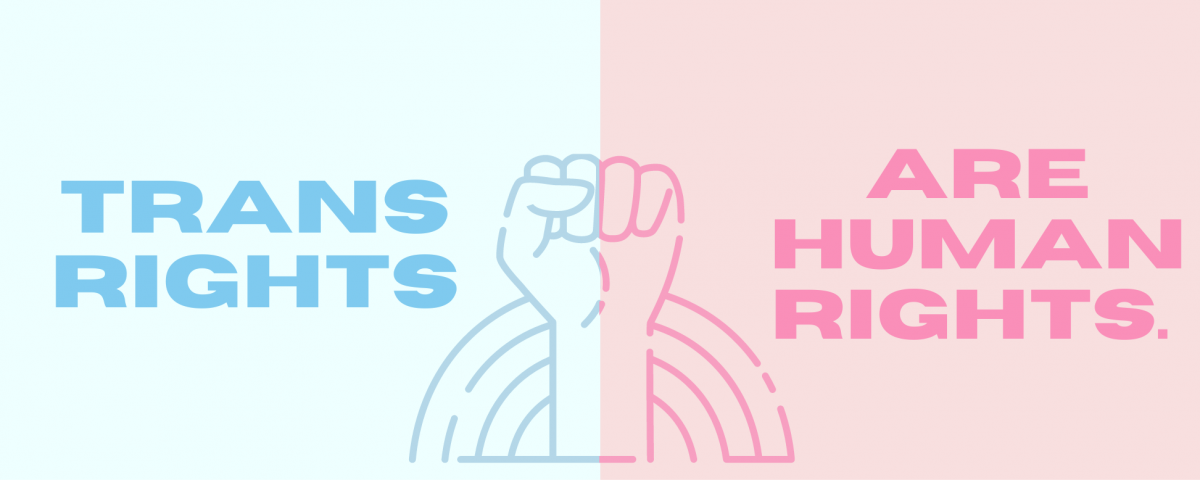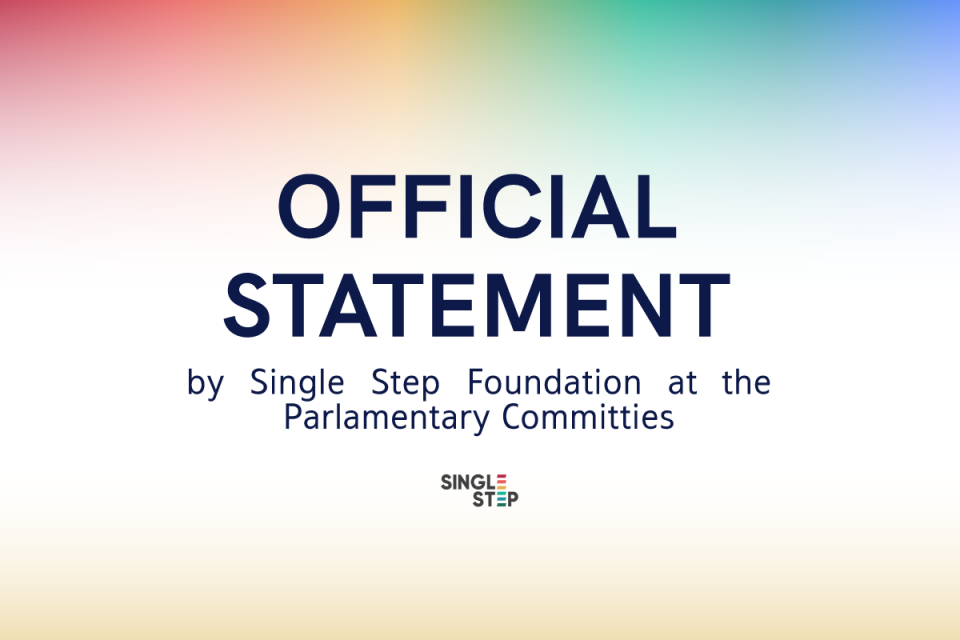
CHAPTER I | Photography exhibition by Evgeni Kirilov
10.10.2022
CHAPTER I | Opening of the exhibition by Evgeni Kirilov
17.10.2022
Author: Natasha Dobreva
Bulgaria and North Macedonia have been developing since recently in the field of protection of the rights of trans people. The European Court of Human Rights incited these reforms in both States with 2 respective judgments – X. v. North Macedonia of 19 January 2019 and Y.T. c. Bulgarie of 9 July 2020. Both cases are the first ones initiated against these States by transsexual persons. In both, the ECtHR held that the refusal to legally recognize the gender identity violates international law. In North Macedonia, the violation was caused because the Parliament failed to adopt a legal framework for consideration of such a request and in Bulgaria – because the court failed to indicate the public interest that would be threatened. Both judgments of the ECtHR require from the Macedonian and Bulgarian Governments to take general measures to overcome this problem and to avoid repetitive violations towards other trans people. More specifically, North Macedonia is expected to introduce a legal ground for consideration of requests for gender reassignment, and Bulgaria – to unify the case law in accordance with the criteria set forth in international law, and to train judges. How are these obligations fulfilled 3 years later?
Bulgaria and North Macedonia report periodically to the Council of Europe on this question. It is evident from their reports that in both States, even if there is a well-meaning will of the authorities, the reform cannot be completed without social consensus and social approval.
North Macedonia
In November 2018, even before the ECtHR delivered its judgment in X. v. North Macedonia, the Government set up a task force to prepare the draft amendments to the Civil Status Registration Act in line with the Convention requirements on legal gender recognition. Pursuant to the envisaged amendments, every citizen who reached 18 years, who is legally capable and who is not married has the right to legal recognition of his/her gender. The procedure is initiated by a request filed by the person (‘applicant’) to the Civil Status Registry, together with a copy of the ID card, notarized statement, under full material and criminal responsibility, that the gender identity does not correspond to the sex given at birth and that the change is not requested for the purpose of avoiding a contractual or legal obligation, as well as execution of a sentence imposed by a competent domestic or foreign court. If the request is filled by a proxy, a power of attorney is also required. The procedure for legal recognition of gender shall not require the submission of evidence of a surgical procedure for complete or partial redistribution of genitalia, hormone therapy or any other psychiatric, psychological or medical treatment of the ‘applicant’. Тhe Civil Status Registry shall, within 30 days after the submission of the complete request, adopt a decision, accepting or dismissing it. An appeal to the State Commission for Deciding in Administrative Procedure and Second Instance Employment (State Commission) is possible against such decision. If the request is dismissed, the ‘applicant’ has the possibility to file an appeal to the State Commission within 15 days after the receipt of the decision. Тhe Civil Status Registry shall within three days from the date when the decision becomes final send to Ministry of Interior a request for annulment of the personal identification number. The birth certificate is issued without any note of gender change. It is not allowed to inspect the entry in the birth register for persons who have changed their gender, except for the person concerned or on the basis of a court order. The employees of the Civil Status Registry working in the field of legal recognition of gender are obliged to keep secret the data they came across during their work.
Following the approval of the above draft amendments by the Government, on 6 May 2021 they were tabled in Parliament for adoption. The the Parliament did not hold sessions during the campaign for the local elections at the end of 2021, to prevent misuse of the Parliament as a means for pre-election campaign. The draft amendments were tabled for discussion on the session of the Parliament Commission on Political System and Inter-Community Relations scheduled for 22 March 2022. However, on 22 March 2022 the Government withdrew the draft amendments from the Parliament proceedings. In particular, the Government was of the view that a fresh Civil Status Registration Act needs to be prepared.
On 22 July 2022 a new task force was set up to prepare new Civil Status Registration Act. Оn its first meeting held on 22 September 2022 the task force decided that the new Act should include the previously prepared draft amendments with respect to legal recognition of gender. It is expected that the new Civil Status Registration Act could be adopted by the Government as early as the end of 2023.
Bulgaria
In June 2020, even before ECtHR delivered its judgment in Y.T. c. Bulgarie, the Supreme Court of Cassation opened an interpretation case on the question: “Is it admissible and under what conditions for the court to allow, on the grounds of the Civil Registration Act, a change in the data in the compiled certificates for civil status of an applicant, who claims to be transsexual?”. In May 2021 the Ministry of Justice sent to the Supreme Court of Cassation an official translation in Bulgarian of the judgment of ECtHR in Y.T. c. Bulgarie. The interpretation judgment on the cited question will be compulsory for implementation by all courts in the country. Since the opening of this case till present nearly 2 and a half years passed, during which the supreme judges met several times in hearings, but always postponed “the discussion on the interpretation procedure”, due to impossibility to reach majority for taking the judgment or as they indicate officially: “to state additional reasons”.
Conclusion
In the two compared countries, general measure for execution of the ECtHR’s judgments are expected in 2023 at the earliest. The authorities have evidently the same difficulties overcoming the public mindset and reforming the domestic legislation. North Macedonia, however, is on the right track, by providing for a short administrative procedure for the change of personal data, on the basis of self-declaration and without any medical history whatsoever, whereas Bulgaria will keep the judicial proceedings for gender recognition and the need to bring a court case.




